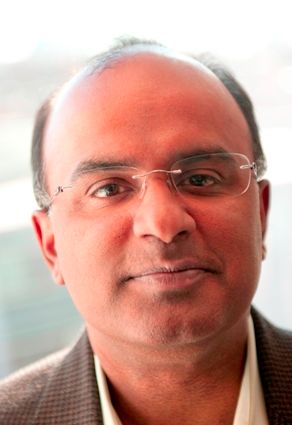- Clinical Technology
- Adult Immunization
- Hepatology
- Pediatric Immunization
- Screening
- Psychiatry
- Allergy
- Women's Health
- Cardiology
- Pediatrics
- Dermatology
- Endocrinology
- Pain Management
- Gastroenterology
- Infectious Disease
- Obesity Medicine
- Rheumatology
- Nephrology
- Neurology
- Pulmonology
Podcast: HDL Cholesterol: Does Boosting It Reduce Myocardial Infarction Risk?
High HDL levels track with low MI risk. But a Harvard medical geneticist tells why you may not be able to reduce that risk by intervening to raise them.

We may take it for granted that raising HDL cholesterol can reduce the risk of myocardial infarction, but is this actually true? A large multicenter genetic study raises serious doubt as to whether the correlation between high HDL and low cardiovascular risk has any implications for drug treatment. Here to discuss the question is the lead author of the study, Dr. Sekar Kathiresan.
Dr. Kathiresan is associate professor of medicine at Harvard Medical School and director of preventive cardiology at Massachusetts General Hospital in Boston.
Questions:
1. Please explain what's new about this study.
2. How is this consistent with the known benefits of drugs like statins?
3. What are the implications for cardiovascular prevention?
4. Do you think that genomewide association studies hold a broader potential for solving the old problem that causation and association are not necessarily linked?
Boost HDL, Lower Myocardial Infarction Risk? Think Again
For your reference:
Plasma HDL cholesterol and risk of myocardial infarction: a mendelian randomisation study
Voight BF, Peloso GM, et alThe Lancet, Early Online Publication, 17 May 2012
Doubt Cast on the 'Good' in 'Good Cholesterol'
Gina Kolata
New York Times, May 16, 2012
